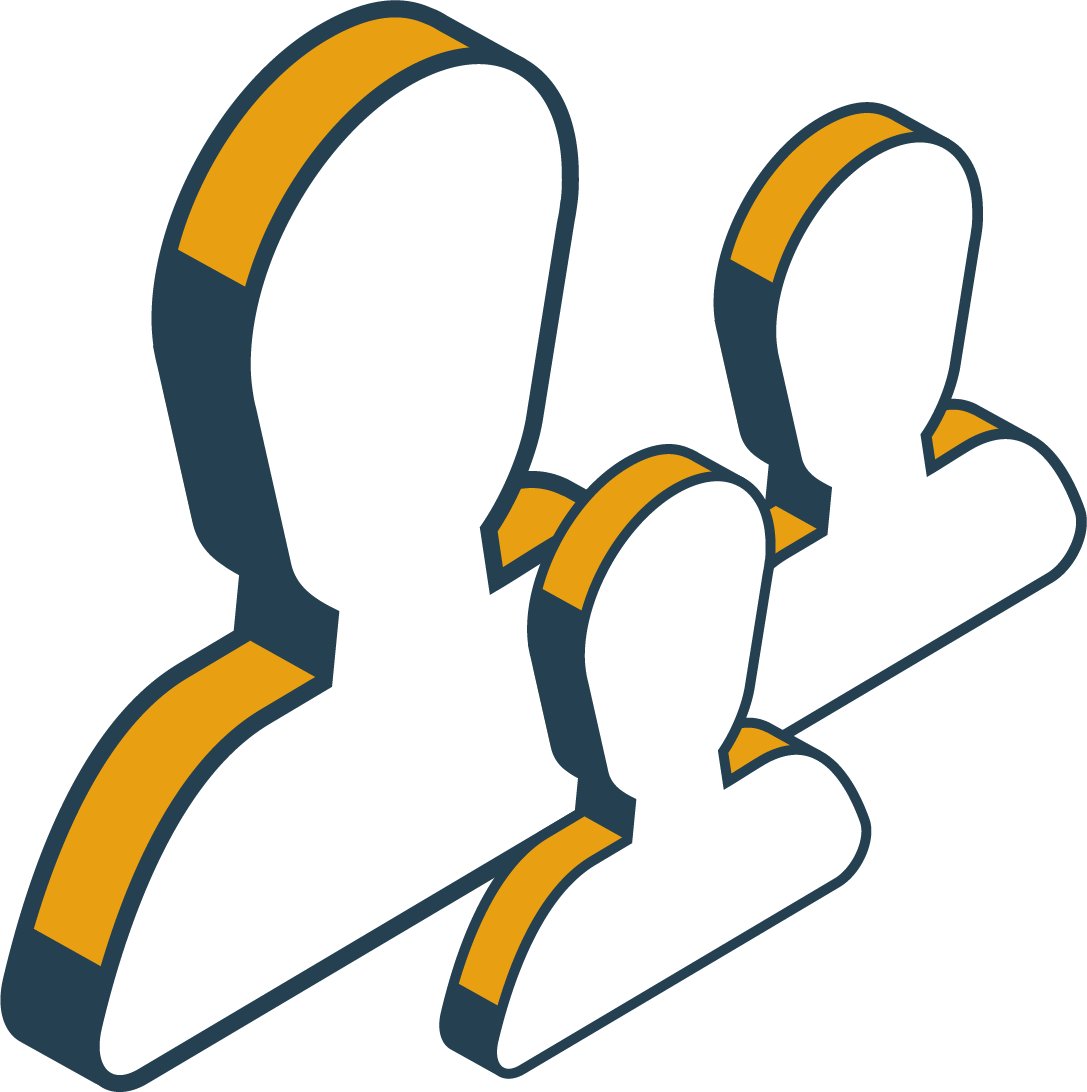As we enter the year 2023, there are several key trends that are shaping the education landscape for grades K-12. These trends are driven by a variety of factors, including advances in technology, changes in the job market, and shifts in societal values. Here are some of the top trends that educators and parents should be aware of.
Personalized Learning
With the proliferation of technology, it's now possible to customize the learning experience for each student. This means that students can move at their own pace and receive tailored instruction based on their needs and interests. One way that schools are implementing personalized learning is through the use of adaptive learning software. This software adjusts the difficulty of the content based on the student's progress and performance, providing a customized learning experience for each student.
Project-Based Learning
Rather than simply memorizing facts and figures, many schools are now embracing project-based learning, which involves students working on real-world projects and problems. This approach helps students develop critical thinking skills and prepares them for the workforce. An example of project-based learning in action could be a high school science class where students are asked to design and build a model of a sustainable energy source. This project allows students to apply their knowledge of science concepts to a real-world problem, while also developing skills in problem-solving, collaboration, and critical thinking.
Blended Learning
A combination of online and in-person instruction, blended learning allows students to learn at their own pace and in a way that works best for them. This approach is particularly useful for students who may have difficulty attending traditional classrooms due to personal or logistical issues. For example, a student who has difficulty attending traditional classrooms due to a medical condition might be able to complete their coursework online, while still receiving support from a teacher and participating in in-person activities when possible.
STEAM Education
Science, technology, engineering, arts, and math (STEAM) education is becoming increasingly important as these fields continue to drive the economy. Many schools are now offering STEAM-focused curricula and extracurricular programs to help students develop skills in these areas. For example, a school might offer a robotics club where students can build and program their own robots, or a computer science course where students learn to code and design websites.
Social Emotional Learning
As our understanding of the importance of mental health grows, schools are placing a greater emphasis on social-emotional learning. This includes teaching students' skills like self-regulation, empathy, and conflict resolution. Social Emotional Learning is especially important for children who may be struggling with anxiety or stress, as it can provide them with the tools they need to cope with these challenges. Research has shown that SEL can have a positive impact on academic achievement and overall well-being, making it an important focus for schools in 2023 and beyond. Kokomo FORMS™ is a tool that can be used to gather feedback and assess student progress in social-emotional learning and can be used to connect students with counselors and other mental health resources.
Vocational Training
With the job market constantly evolving, many schools are now offering vocational training programs to help students develop the skills they need to succeed in their careers. This includes programs in areas like healthcare, manufacturing, and technology. Vocational training programs can be a great way for students to explore potential careers and gain hands-on experience in a specific field. These programs can also help students build a strong foundation of skills that are in high demand in the job market.
Catch-Up Learning
One of the biggest challenges facing K-12 education in 2023 is the need for many students to catch up on learning that was lost during the pandemic. With schools closed or operating at reduced capacity for much of the previous years, many students have fallen behind in their studies. This can be particularly difficult for students who may have struggled with online learning or who have limited access to technology and other resources. To help these students catch up, schools will need to implement targeted interventions and support programs, including personalized instruction and extra tutoring.
A Robust Health and Safety Software Platform Can Help
Overall, the trends in K-12 education for 2023 are driven by a combination of technological advances, shifts in the job market, and a greater understanding of the importance of mental health and diversity. By staying up-to-date on these trends and implementing strategies like personalized learning, project-based learning, and social-emotional learning, educators and parents can help ensure that students have the skills and support they need to succeed in the years ahead.
Ever since Kokomo24/7® was founded in 2018, we have been a leader in compliance and risk management solutions for all things health and safety. Kokomo proudly serves schools, workplaces, and communities with continuity software solutions, including surveys, case management, accreditation and vaccine tracking, guest management, notifications, occupancy management, anonymous reporting, and emergency operations. Our mission is to deliver highly effective, easy-to-use and trusted compliance and risk management solutions that bridge the gap between public safety and technology.
To learn more about Kokomo24/7® or to get a free 15-minute demo click the button below.

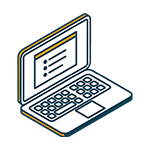 CASES™
CASES™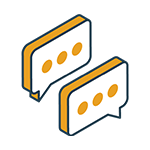 ESCALATE™
ESCALATE™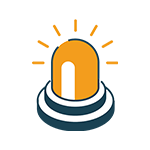 TRIAGE™
TRIAGE™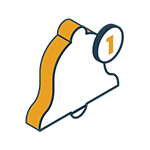 NOTIFY™
NOTIFY™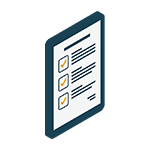 FORMS™
FORMS™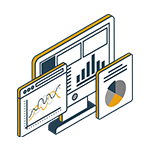 ANALYTICS™
ANALYTICS™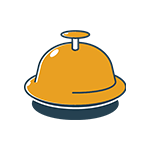 HOST™
HOST™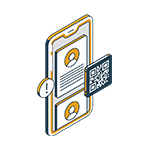 OWLPASS®
OWLPASS®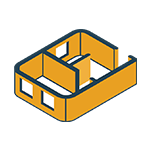 ACCESS™
ACCESS™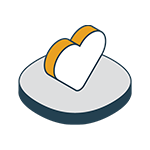 WELLNESS™
WELLNESS™ CONNECT™
CONNECT™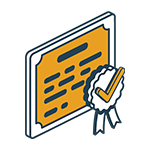 CREDENTIALS™
CREDENTIALS™

